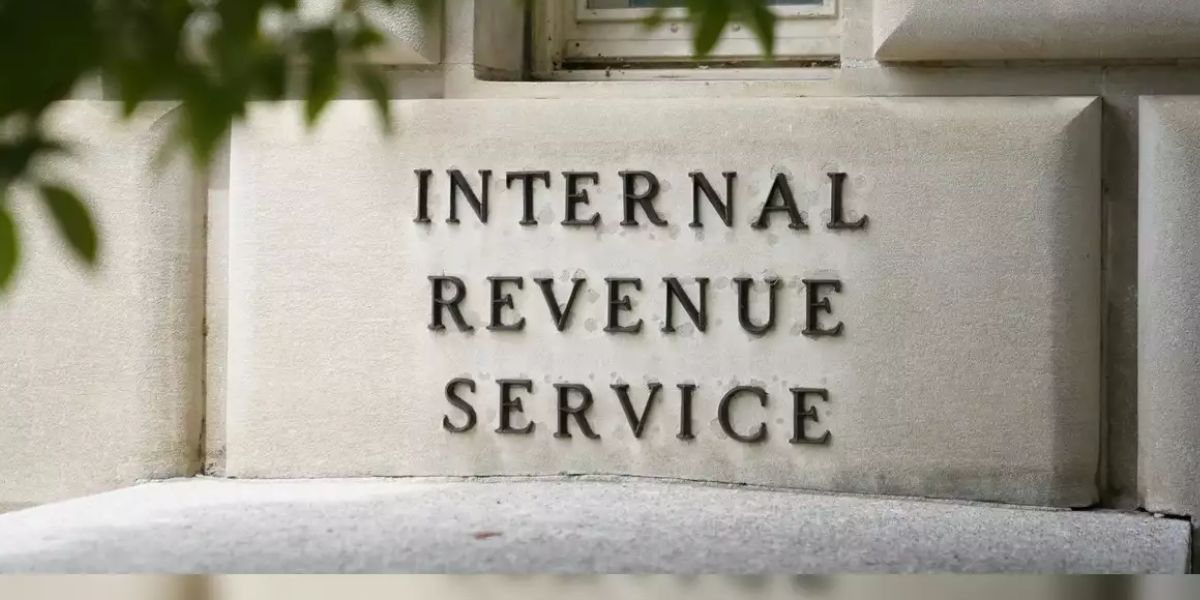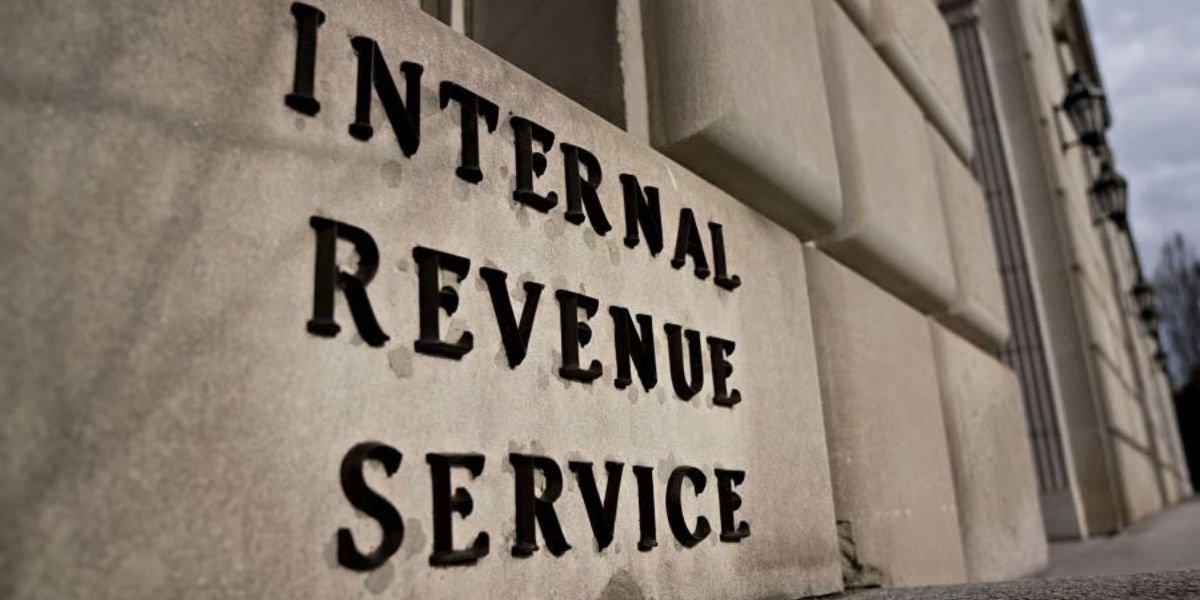President Joe Biden has signed the Social Security Fairness Act into law, bringing relief to millions of public employees by expanding their Social Security benefits. The new law eliminates two controversial rules that reduced benefits for workers receiving pensions from state or local government programs.

This is seen as a step toward correcting what many believe was an unfair policy, especially for teachers, police officers, and other public service workers who spent their lives serving the community.
Table of Contents
What Changes Under the New Law?
The legislation eliminates two provisions of federal law:
- Windfall Elimination Provision (WEP): This rule reduced Social Security payments for workers who also received pensions from jobs not covered by Social Security.
- Government Pension Offset (GPO): This rule slashed Social Security benefits for surviving spouses if they received pensions from government jobs.
Together, these rules caused many retirees to lose a significant portion of their benefits, even though they paid into the Social Security system.

Impact on Retirees
The new law will impact nearly 3 million retirees, including teachers, firefighters, postal workers, and police officers. In Ohio alone, about 230,000 people are expected to benefit.
According to the Congressional Budget Office, retirees will see an average monthly increase of $360 in their Social Security payments. Surviving spouses could receive an increase of $700 to $1,190 per month.
Why It Matters
Melissa Johnson, a kindergarten teacher from Ohio, is one of the many retirees affected by the old rules. Despite working in both the business world and education for decades, Johnson found that her Social Security benefits were reduced by 60%. She also lost half of the amount she was entitled to from her ex-husband’s benefits.
“This law ensures that people like Melissa, who worked hard all their lives, can now retire with dignity,” said President Biden during the signing ceremony.

Challenges Ahead
The changes will take effect starting in January 2024. However, the Social Security Administration (SSA) now faces the challenge of recalculating payments and issuing back payments. It’s unclear how soon retirees will see these adjustments or whether they’ll need to take any action.
The SSA is already struggling with low staffing levels. With only about 56,000 employees, it is operating at its lowest capacity in over 50 years. This has raised concerns about how quickly the agency can implement these changes.
Political Debate
The Social Security Fairness Act had bipartisan support, with key sponsors including Republican Senator Susan Collins of Maine and Democratic Senator Sherrod Brown of Ohio. Despite this, some Republican senators opposed the bill, arguing it could hasten the insolvency of Social Security.
The Social Security trust fund is projected to run out of money by 2035, and the new law could move that date up by about six months. This has sparked ongoing debates about how to secure the program’s long-term future.
Other Efforts to Protect Retirement Benefits
This isn’t the first time Biden has acted to support retirees. Earlier in his presidency, he signed the Butch Lewis Act, which saved pensions for 2 million union workers. These actions highlight his administration’s focus on ensuring financial security for retired Americans.
Conclusion
The Social Security Fairness Act is a significant victory for retirees, especially those who served in public roles. It restores benefits many have worked for and deserved. While challenges remain in implementing the law, it represents a major step toward fairness and financial security for millions of Americans.




